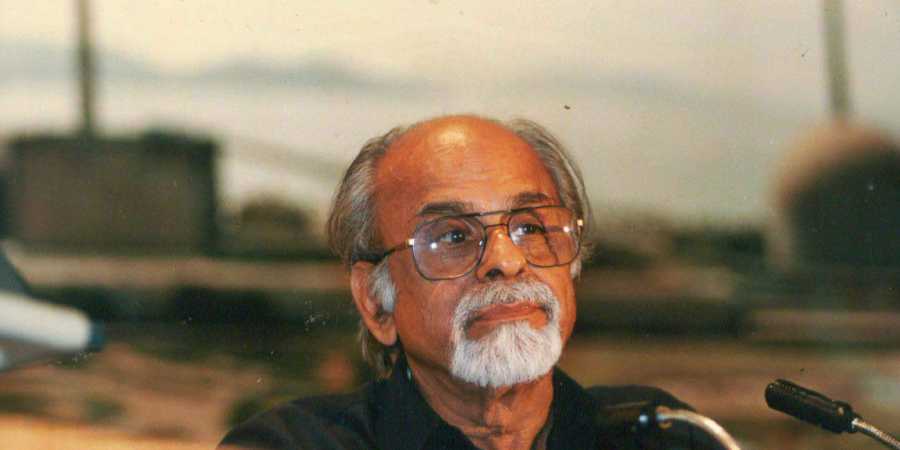
We are a huge country, with different linguistic, religious and cultural backgrounds. Despite our difficulties, we have held together, and that too democratically, which is something few others can boast about. In that sense we are a great role model.
After the tests [Nuclear tests by India], I had said there was no imminent danger to India's security environment which necessitated us to undertake the tests. But the tests have taken place. Therefore, naturally, as a member of the nation, I have to see the situation in the post-nuclear age. It is now no use discussing whether the tests should have been undertaken or not. But India's nuclear policy from 1988, in fact from 1974, is totally justified.
The Gujral doctrine is a doctrine of good neighbourliness. In South Asia, India is the largest country and the largest economy. All the countries of the neighbourhood put together cannot match India. Therefore, it is my doctrine, that in the post-Cold War era, all the neighbours must look up to India as a friendly neighbour. For doing so, if concessions have to be given, they should. But these concessions do not include two things: no transfer of sovereignty of any part of India, including Kashmir; and second, we will not compromise on our basic secular, democratic polity. Minus these two factors, we are willing to give concessions as long as it does not hurt our defence.
It fell to my lot to orient our foreign policy during the period of bewilderingly rapid changes wherein one kind of world was ushered out and another kind was ushered in.
After the tests [Nuclear tests by India], I had said there was no imminent danger to India's security environment which necessitated us to undertake the tests. But the tests have taken place. Therefore, naturally, as a member of the nation, I have to see the situation in the post-nuclear age. It is now no use discussing whether the tests should have been undertaken or not. But India's nuclear policy from 1988, in fact from 1974, is totally justified.
The Gujral doctrine is a doctrine of good neighbourliness. In South Asia, India is the largest country and the largest economy. All the countries of the neighbourhood put together cannot match India. Therefore, it is my doctrine, that in the post-Cold War era, all the neighbours must look up to India as a friendly neighbour. For doing so, if concessions have to be given, they should. But these concessions do not include two things: no transfer of sovereignty of any part of India, including Kashmir; and second, we will not compromise on our basic secular, democratic polity. Minus these two factors, we are willing to give concessions as long as it does not hurt our defence.
It fell to my lot to orient our foreign policy during the period of bewilderingly rapid changes wherein one kind of world was ushered out and another kind was ushered in.
Read More! Learn More!
